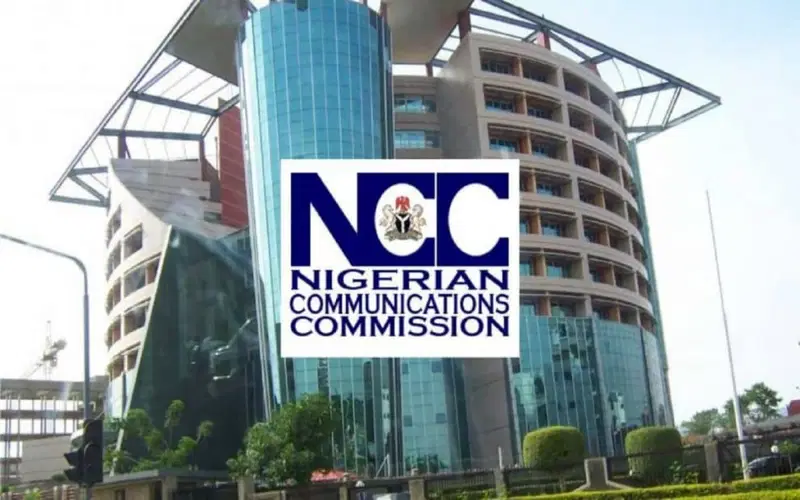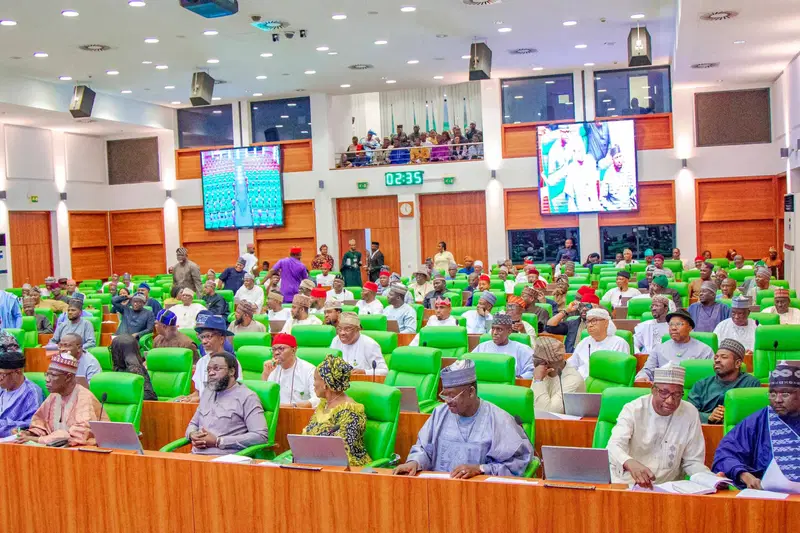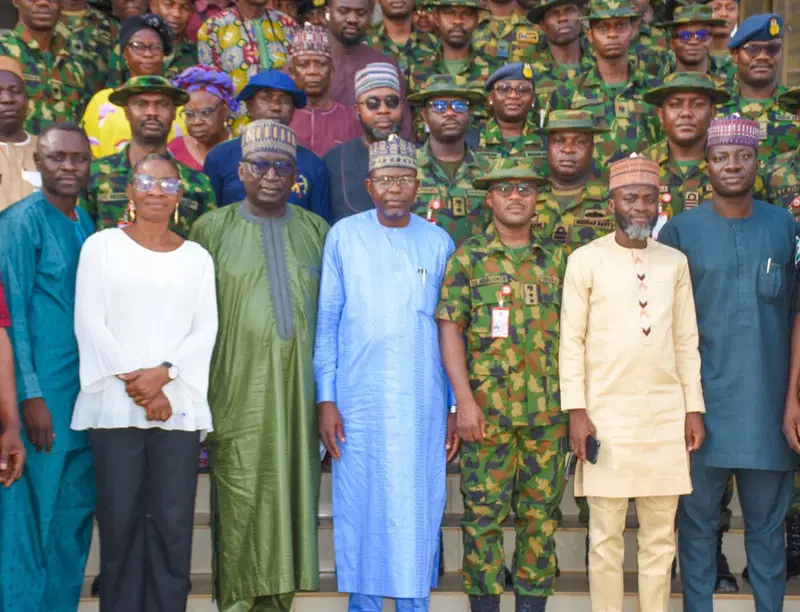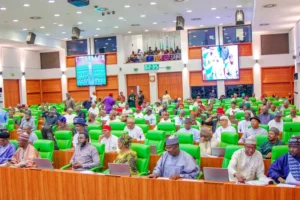The Federal Government, under the Agro-Climatic Resilience in Semi-Arid Landscapes (ACReSAL) project, aims to rehabilitate approximately one million hectares of degraded land in Northern Nigeria. Mr. Abdulhamid Umar, the National Project Coordinator of ACReSAL, shared this initiative during a stakeholders’ engagement focused on developing Strategic Catchment Management Plans in Wetland Zones of Northern Nigeria in Kano. The workshop was designed to establish a collective vision among key stakeholders for an optimal riparian catchment. This collaborative effort aims to promote peace in the wetlands while considering the opportunities that will be integrated into the catchment management plan.This marks the initiation of a significant catchment management plan by the Nigerian government, facilitated with the support of the World Bank through the International Development Association. The ACReSAL leader emphasized that the involvement would center on engaging with key stakeholders strategically.
In relation to early strategies for preparing and preventing possible environmental challenges (early warning), the focus is on implementing proactive measures to anticipate and mitigate environmental risks before they escalate. By establishing early warning systems, organizations can detect potential threats in advance, allowing for timely responses and effective management of environmental issues. These strategies aim to enhance resilience, minimize impacts, and promote sustainable environmental practices.
The individuals hailed from Ngada West Chad, Yedseram-East Chad, Hadejia, and Katagun K-Gana catchments, spanning Borno, Yobee, Jigawa, Bauchi, and Kano States.Umar emphasized that the strategic plan would aid ACRESAL in achieving its ‘Project Development Objective (PDO)’.”This initiative will contribute to the sustainable restoration of one million hectares of degraded land, transforming them into arable, livable, and multipurpose areas for commercial, residential, or other uses. ACRESAL aims to benefit 3.4 million direct recipients, with women accounting for 1.68 million (49.41 percent),” Umar explained.The ACReSAL leader expressed that catchment management plans would allow for the harmonization of social and economic requirements with natural ecosystems, ensuring the sustainable utilization of natural resources in the long run.He further mentioned that these plans would detail the structures and processes for environmental collaboration and coordination, fostering social dedication and unity.“Catchment management plans not only address the fundamental aspects of catchment management but also offer scientifically informed decisions.”
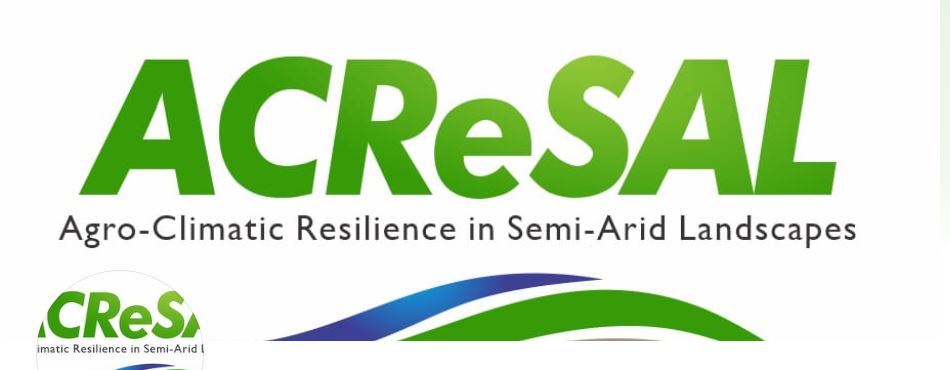
In line with the early strategies for averting environmental challenges, the development of 20 strategic catchment management plans is fundamental to the ACRESAL project. These plans serve as the foundation for the project’s implementation, aiming to enhance sustainable landscape management practices in targeted watersheds in Northern Nigeria. By delineating the catchments from Nigeria’s Hydrological Areas, the project covers 5 of the 8 hydrological Areas (HA 1-4, and 8), ensuring a comprehensive approach to integrated climate-resilient landscape management. The strategic catchment management plans provide the framework for integrating micro catchment management plans effectively, fostering a structured and cohesive approach to environmental management within the region.


